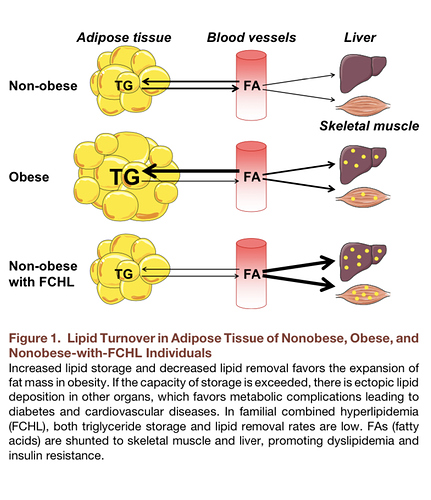Hi everyone,
I’ve had some good initial success with EF and have kept the weight off despite stuffing myself on several occasions (my weight barely goes up). Further fasts however have been tough and food cravings/hunger are a ongoing feature although as the days tick by, this lessens (1st 2-3 days are the hardest).
I want to lose more weight to get to about 165-170lbs. I’m 5’7" (170cm) and currently weight 180lbs and I still have belly fat & loose skin around it. (I’m on day 6 of a fast currently).
I have only recently become aware of the body’s set point and I am interested to see how I can change mine.
I recently watched Dr Fung’s video Leptin & Insulin Resistance Balancing Tips, which was very interesting, but when he talked about the body’s set point, I didn’t quite hear him say how the body’s set point can be lowered.
I think lowering my BSP would be helpful so I can maintain my weight at the level I believe I should be, without needing to go on EF, or watching what I eat too much, which is one of the reasons I fast. I also am using EF to try to reverse my T2 diabetes, which has plagued my life for many years.
My blood glucose readings remain high when I fast and only drop slowly (& they go up too). Today my BG was 154 and strangely, it went up to 200 yesterday when I tested at 8pm. At 7am yesterday it was 157. No food. Just black coffee and water.
Even when I did a 4 week fast, the lowest BG I achieved was 125, before I caved and started my re-feeding procedure.
Also, I do not know what my insulin levels are and have no idea how to measure this. I cannot afford to see a doctor and i do not qualify for free/low cost healthcare. I do not take any meds (I cannot afford them nor do I qualify for free/low cost, even if I did chose to take them).
Any help on the set point, how to test my insulin levels, why my BG readings might be remaining high would be appreciated.



 So much for the countries that banned HFCS?
So much for the countries that banned HFCS? 

 Good, thank you - well said. The alternative to acknowledging this reality is to engage in ‘magical thinking.’
Good, thank you - well said. The alternative to acknowledging this reality is to engage in ‘magical thinking.’